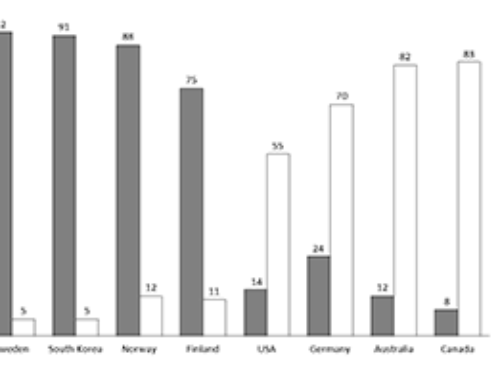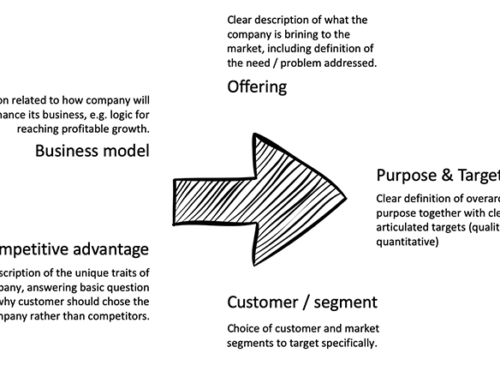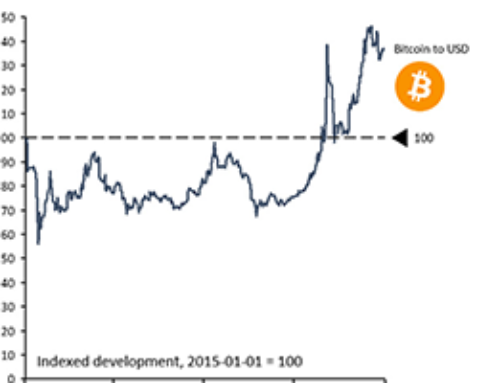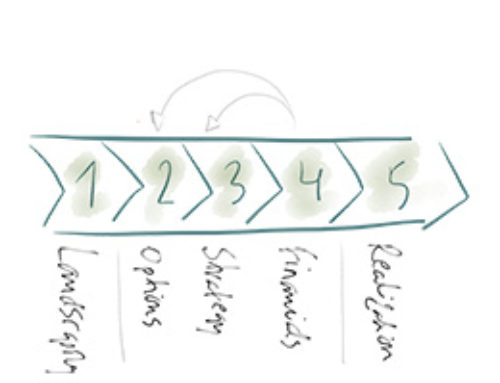By now all of the major public social media platforms have reported their Q2 earning figures. They have grown from small start-up companies to significant companies so it is extra interesting to compare them and see how they stack up. We have specifically looked at Facebook (FB), Twitter (TWTR) and LinkedIn (LNKD).
All of the social media players typically started of by trying to achieve a significant growth in their user base. This can be measured in different forms, but typically it is expressed as MAU, number of monthly active users. Given the network effects in a social media platform it is of course very important to grow a significant size of it. However, as this brief analysis well tell, figuring out a appropriate business model is at some point of time equally important. That is, figuring out how to capitalise on the user base you hopefully managed to build and to do that without jeopardising the user experience too much.
Below is a summary of some of the key figures. All of the figures refers to second quarter 2015. Source is public information reported by the companies and Google finance in addition.
| Company | MAU (M#) | Revenue (M$) | EBIT (M$) | Market cap (B$) |
|---|---|---|---|---|
| 1490 | 4042 | 1273 | 265 | |
| 380 | 711 | -81 | 25 | |
| 316 | 502 | -131 | 19 |
From the above calculation and comparison of some of the key metrics it is possible to draw some clear conclusions.
- Facebook has not only managed to grow the biggest network, they have also managed to figure out a business model that allow them to capitalise on their user base.
- Figuring out a way on how to grow revenue per user without making the user experience significantly worse is key.
- Scalability of the business model is key, i.e. figuring out a business model that allow for profitable growth.





Leave A Comment